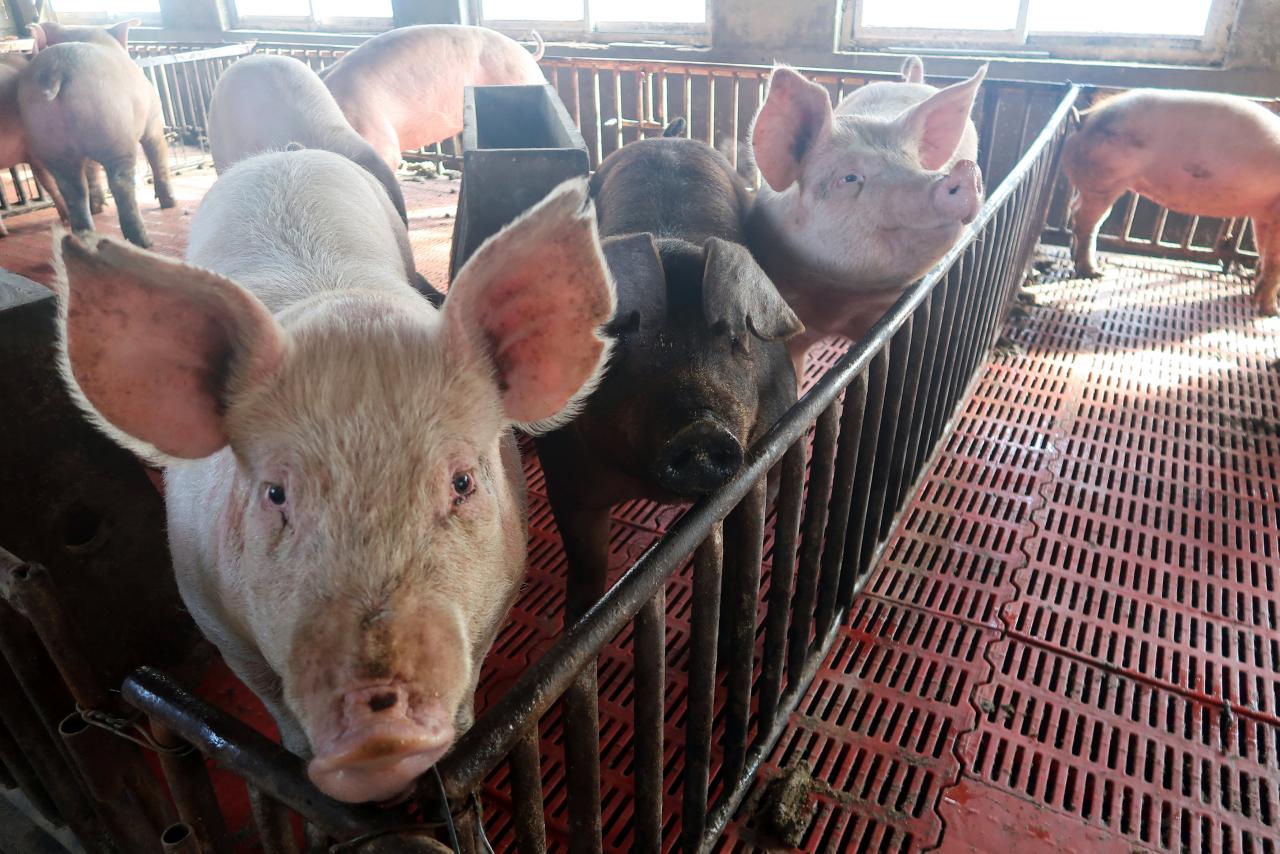Canada and U.S. Agree on Safe Trade Zones In Event of an African Swine Fever Outbreak

For business continuity, Canada and the United States have worked to modify their export certificates to allow trade of live swine, swine semen, pet food and animal by-products and meat to continue trade in approved disease-free zones in the event of an ASF outbreak
The office Canada’s Chief Veterinary Officer (CVO), Dr. Jaspinder Komal, working in collaboration with the United States’ CVO, Dr. Jack Shere, both issued the statement, “We are pleased to announce that both the Canadian Food Inspection Agency (CFIA) and the United States Department of Agriculture (USDA) have agreed to allow safe trade to continue in the event African swine fever (ASF) is reported in either country.”
This builds on Canada and U.S. zoning arrangements entered into by CFIA and USDA on August 15, 2018, which set out principles for zoning and trade.
Zoning is an internationally-recognized tool used to help manage diseases and facilitate international trade. If a case of ASF is identified, geographic boundaries are defined to contain the outbreak. These geographic boundaries are control zones established in accordance with the World Organisation for Animal Health (OIE) guidelines. The areas outside of these control zones are disease-free zones.
“We are pleased to announce that both the Canadian Food Inspection Agency (CFIA) and the United States Department of Agriculture (USDA) have agreed to allow safe trade to continue in the event African swine fever (ASF) is reported in either country”
This zoning arrangement has been entered into to safeguard the Canadian and American pork industries. In Canada, the pork industry contributes to more than 100,000 jobs and generates close to $24 billion when farms, inputs, processing and pork exports are included. Canada is the third-largest pork exporting country in both value and volume and represents about 20% of world pork trade. In 2017, 1.2 million tonnes of Canadian pork valued at $4 billion were exported to over 100 countries.
In the United States, pork producers marketed over 120 million hogs in 2017, which provided total cash receipts of more than $20 billion, and provided about 25 billion pounds of meat to consumers worldwide. Additionally, the U.S. pork industry supports more than half a million jobs in the United States, the majority of those in rural areas.
The importance of zoning and safe trade was echoed by all levels of governments and industry representatives at the ASF Forum, an international event hosted by Canada April 30-May 1, in collaboration with the United States and supported by leaders from Mexico, the European Union, the Food and Agriculture Organization of the United Nations (FAO), the OIE, provincial, territorial and state partners, as well as industry.
A global threat, ASF cannot be addressed in isolation. Only by working together with governments, industry and other stakeholders can we best address the threat of ASF while maintaining trade of pork and pork products which are important to the Canadian and U.S. economies.
Source: Canadian Food Inspection Agency (CFIA)












